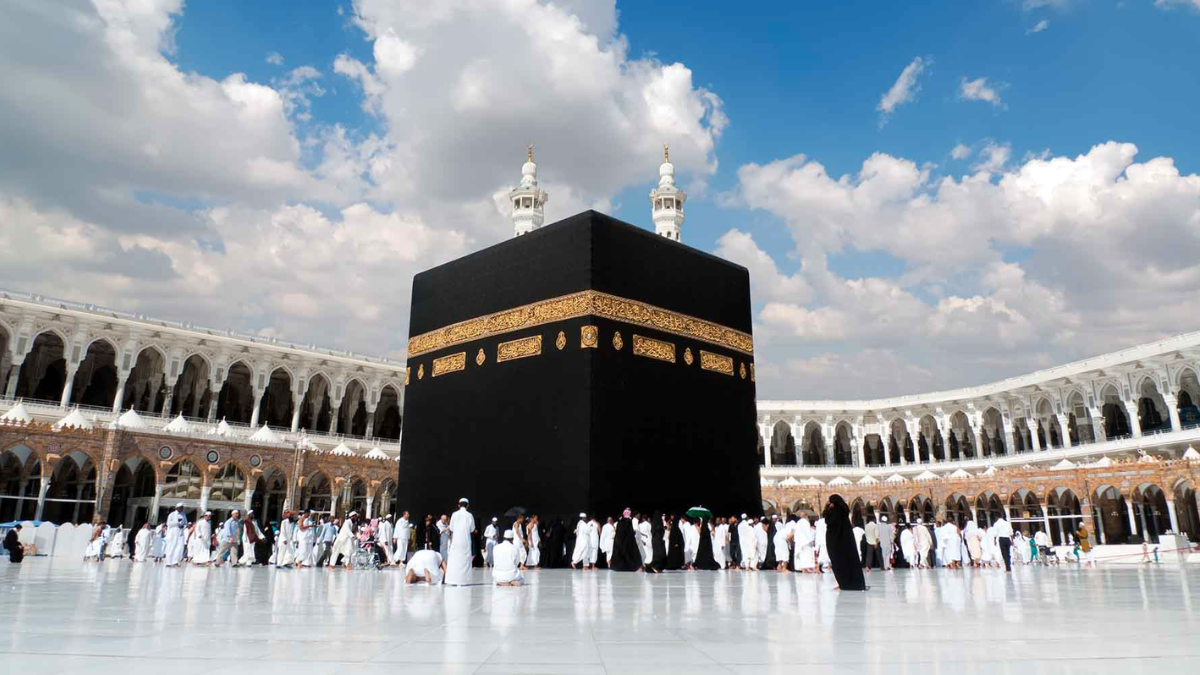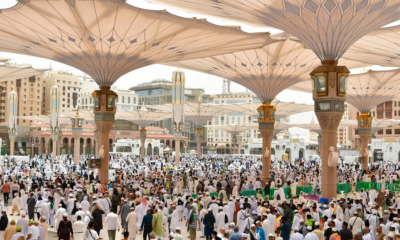Just like every year – with the Covid-19 lockdowns being an exception – millions of Muslims have travelled to Makkah in Saudi Arabia this year to perform Hajj. The annual pilgrimage to the holiest city in Islam takes place during the last month of the Islamic calendar – Dhu Al Hijja.
While Muslims who are unable to perform the pilgrimage owing to health or financial reasons are exempt, everyone else is required to visit Makkah at least once in their lifetime. Hajj is counted among the five pillars of Islam that form a foundation of life for Muslims.
People performing the pilgrimage are required to repeat rituals first performed by the Prophet Mohammed centuries ago. Nevertheless, Muslims who cannot make the journey but can afford it can have someone else perform Hajj on their behalf.
Brief History Behind Hajj
Hajj lasts from four to six days, depending on the faithful’s speed. It is a deeply spiritual experience for every Muslim. The journey to the holy city may well be the first time a number of people board planes or leave their countries.
Though the annual pilgrimage has been performed in its current form for over 13 centuries, some of the elements have connections with the time of the Prophet Ibrahim in 1813 BC. Even the Kaaba is tied to him, who built it with his son under orders from Allah.
Sometime before Islam was introduced in 610AD, the Kaaba became a site for pagan worship. Years later, the Prophet Mohammed led his followers from Makkah to Madinah where they destroyed the pagan idols. The Prophet Mohammed then performed his first and only Hajj.
Preparing For Hajj And Taking Essentials With You
Before setting off on the spiritual journey, the pilgrims need to purify and declare their intention for Hajj to God. They should have sincere intentions. Next, they also need to enter a state of Ihram, which requires them to recite an intention and follow a particular dress code.
Everyone, regardless of their social or financial status, is equal in God’s eyes. Therefore, Muslims have prescribed a simple wardrobe during the time of Hajj. While men must wear two sets of white sheets, women are required to wear simple dresses or abayas.
Things Forbidden During Hajj
Muslims must enter the sacred state of Ihram before performing Hajj or Umrah. The latter is also a pilgrimage that takes place at any time throughout the year but not during Hajj. Muslims in the state of Ihram are required to avoid some acts. They include –
· Having sex or using immoral speech
· Committing sinful acts
· Getting married or arranging one for someone else
· Men wearing anything on their heads or women covering their faces
· Wearing perfume
· Cutting hair and nails
· Wearing gloves
· Hunting
Applying For Hajj
Muslims wishing to perform the annual pilgrimage must first apply for a permit. They can refer to the official government website to get the same. Moreover, people traveling from abroad should go through a licensed travel agent who will arrange a visa.
Saudi Arabia’s Ministry of Hajj and Umrah launched the electronic platform, Nusuk, in December 2021, making it easier for domestic and international pilgrims to complete their journey. Nusuk offers over 121 services, including e-visa applications, flight booking and hotel accommodation.






















